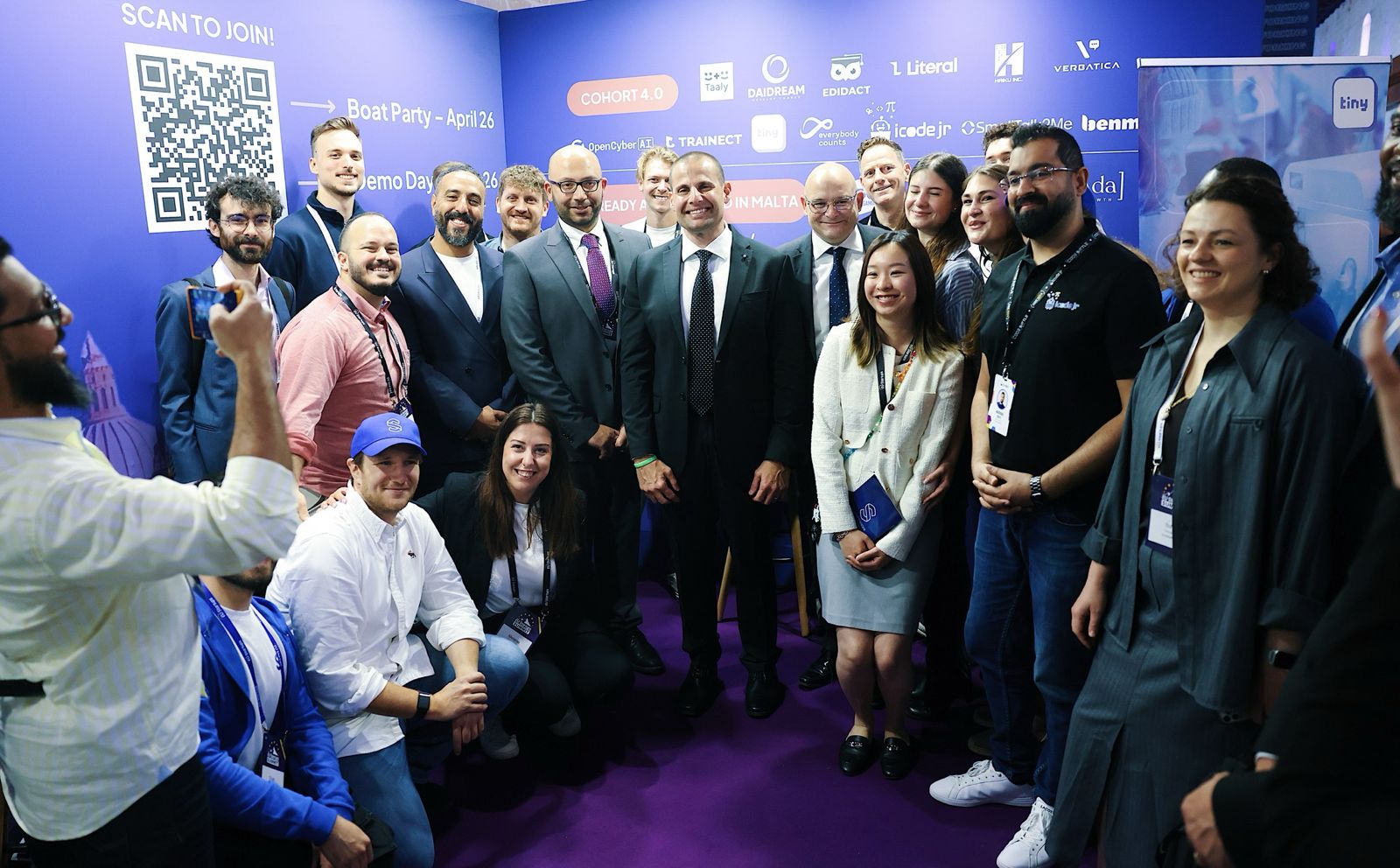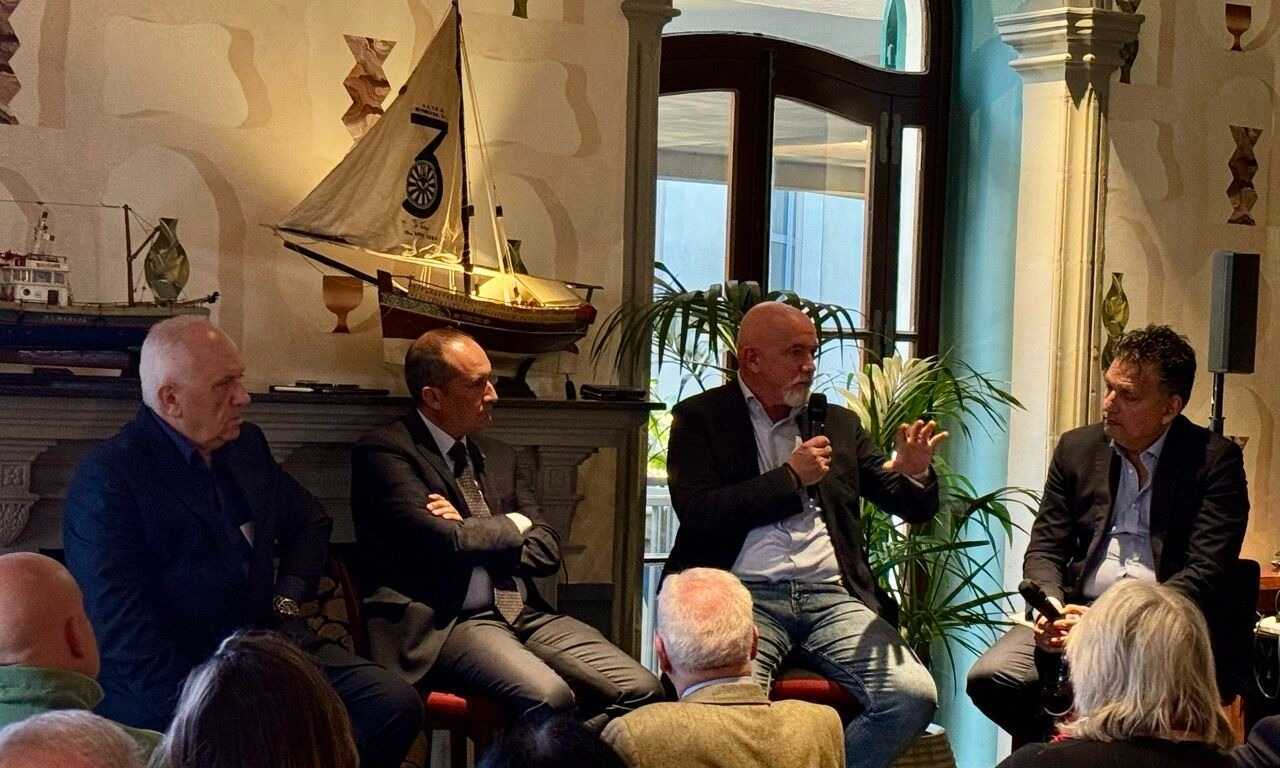From a study commissioned by leading economic consultants, E-Cubed Consulting, and the reactions of major catering industry players, the change in perception towards the sector from one with genuine career prospects to an industry that should be avoided, is one of the major stumbling blocks to its long-term viability.
And, who could blame Malta’s youngsters? Atypical hours, often thankless work, and limited earnings prospects are enough to deter young people, who are increasingly being drawn elsewhere.
In fact, E-Cubed Consulting’s study, headed by leading economist Gordon Cordina, mentions a lack of willingness of locals to work in the industry and the need for further efforts to attract younger generations emerged as a top issue.
While the issue of wages alone also featured heavily in Thursday’s (today’s) conference organised by the Association of Catering Establishments, which hosted two major panel discussions as well as the presentation of the study’s findings, the first panel focused primarily on the attractiveness of the industry and career prospects available.
The first panel was made up of:
Chris Hammett – a multi-award winning chef and restaurateur who runs Hammett’s Collection, comprising of Hammett’s Macina Restaurant, Hammett’s Gastro Bar and Hammet’s Mestizo;
Derek Abbot – a hospitality consultant with over 40 years of experience in the industry as executive chef responsible for the opening of several high profile, 5-star restaurants in Malta and abroad, including Malta’s very own Hilton;
Marthese Portelli – CEO of the Malta Chamber of Commerce, Enterprise and Industry, which has a standing Memorandum of Understanding with the Association of Catering Establishments to foster cooperation; and
Reuben Buttigieg – President of the Association of Catering Establishments (ACE).

During the panel, Dr Portelli shares an anecdote that crystallises the sentiment that a job in catering is no longer viewed as attractive. She recalls a conversation with a friend, who was considering a career in catering.
In her friends’ words: When I told my parents of my plans, they became very concerned, and began convincing me not to consider catering as a prestigious career with good prospects. My parents wanted me to choose something with better prospects and that is viewed more prestigiously.
So, when did catering become so unattractive? The panellists agree that as far back as the early 2000s, a career in catering was viewed positively by local society, one to be proud of and one where employees can grow.
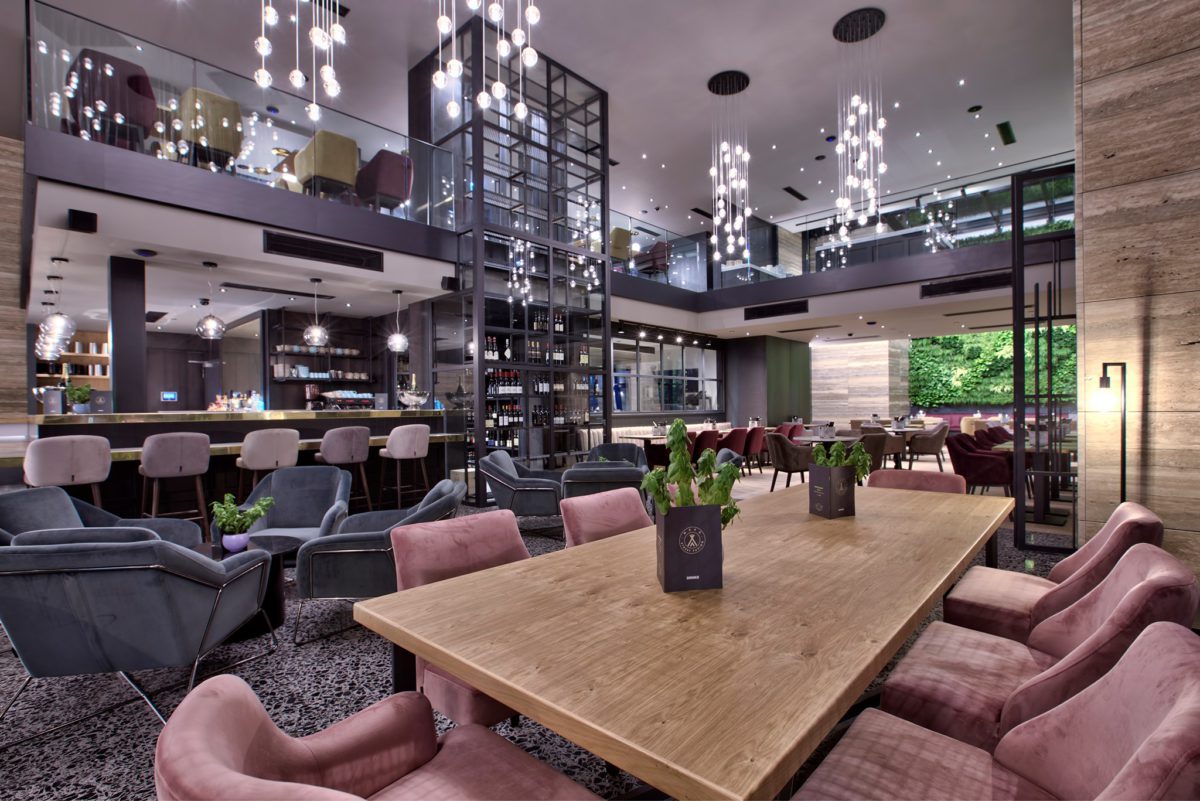
As a leading employer in the local restaurant scene, Mr Hammett acknowledges that the current scenario has changed significantly since those days and that he has experienced a loss of qualified staff, especially in middle management and upwards who he describes as “key players” because they felt their career was not growing quickly enough.
He shares that there are a number of measures he has implemented to make staff feel like they are part of the organisation and to prevent them from feeling they are unfairly being held back from career progression.
One such measure is periodic meetings where staff have the opportunity to observe the company’s management accounts, to make them aware of what the situation is.
“Showing people where you are, what you are doing, that as the company does grow and does make profit, bonuses will be shared to reflect that. I feel it is very important, so that staff can feel they are not a cog in a machine but part of the business,” he says.

On his part, Mr Abott does not mince his words, stating that the situation for Malta’s catering industry “is critical”, with the industry missing at least 50,000 workers to cover even the most basic vacancies within the sector.
Despite an ACE survey showing that one in every five catering businesses closed during the pandemic, the number of unregistered foreign workers leaving the country meant that a critical staffing shortage emerged.
“The situation in catering is critical and will get worse if the Government doesn’t take responsibility as soon as possible.”
Discussing the lack of attractiveness of the industry, he says:
“Over the past decade, I saw trained staff leaving catering because of various elements – working in family business, construction, Government jobs, retail, and now online businesses too.
“The younger people see it as an easier way to make money, grow their career, spend more time at home with their family…let’s face it, the glory has left the hospitality train. It used to be an exciting career.
“The youngsters do not see it, though, and they do not want to get their hands dirty for little return. We have a problem – we need to find them, train them and develop them.”
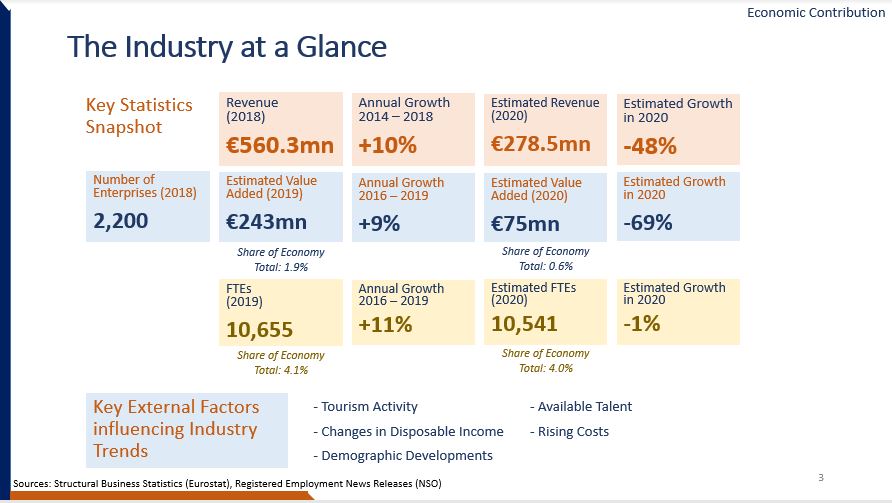
Rueben Buttigieg, President of ACE, comments that to a certain extent, the lack of attractiveness of the catering industry is a situation the country has created for itself.
“The country created the wrong mentality, that there is something wrong in working as a waiter. A waiter is an ambassador of an establishment, and, after the chef, can be viewed as the most important figure.
He stressed the need to attract people which the sector has lost over the years, chiefly by investing to make working environments more attractive, and career progression more tangible.
Mr Buttigieg pointed out one area of E-Cubed Consultants’ study which he described as particularly worrisome. According to the study, which cites National Statistics Office (NSO) figures, there are around 2,200 licensed catering establishments in Malta. However, he points out, this figure rises to upwards of 4,000 when looking at the Malta Tourism Authority’s lists of licensed catering establishments.
“Therefore, the findings presented in the study are not the complete picture, and, when during the pandemic eateries scrambled to get in line with correcting their licence details to benefit from COVID aid measures, this has distorted comparisons from pre-pandemic times.”
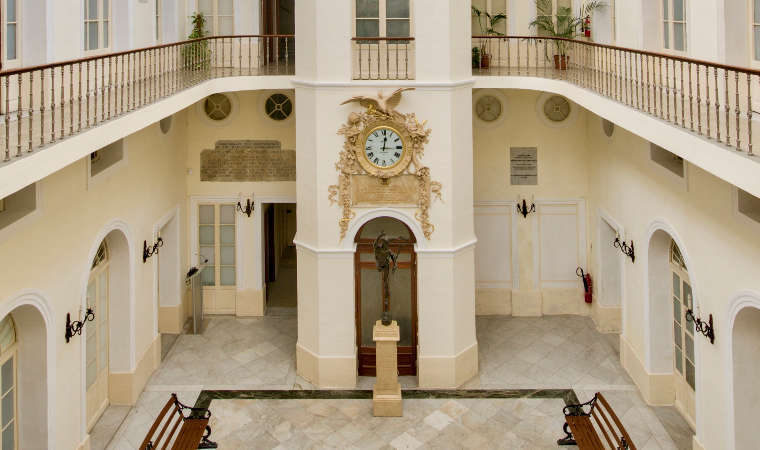
On Dr Portelli’s part, she praised the study’s findings that digitalisation and sustainability need to be at the core, at the mainstream, of the modus operandum within the catering sector. She adds, however, that two other critical words/principles which also need to be incorporated are quality and uniqueness, to give Malta that competitive edge.
She said the sector should embrace technological advancements, not to replace workers, but to aid workers in improving their productivity and satisfaction, which would lead to greater profits for catering business owners.
The Malta Chamber President, Marisa Xuereb, had made headlines when she suggested the use of robots to supplement the staffing crisis in catering.
Dr Portelli took the time to clarify her point, by saying that the President was not speaking of robots resembling humans that would replace waiters, but rather she described a scenario where a waiter is in a position to calmly talk to patrons while a motorised cart brought over food and drink.
Here, she also adds that there must be a change in mindset about the initial capital investment of digitising, stressing that the medium term and long-term gains should be more seriously considered.
Cautious optimism across sectors: Business confidence rebounds in Q1 2025, says Central Bank
Confidence is creeping back into Malta’s business community
Government unveils new framework to establish ‘national one-stop-shop for startups’
Emerging companies will be able to access the necessary support, such as an enhanced share awards and stock option scheme
Aviation leaders warn EU and local policies are jeopardising Malta connectivity
An event hosted by the MBN in collaboration with the IBN explored the challenges facing the tourism industry





